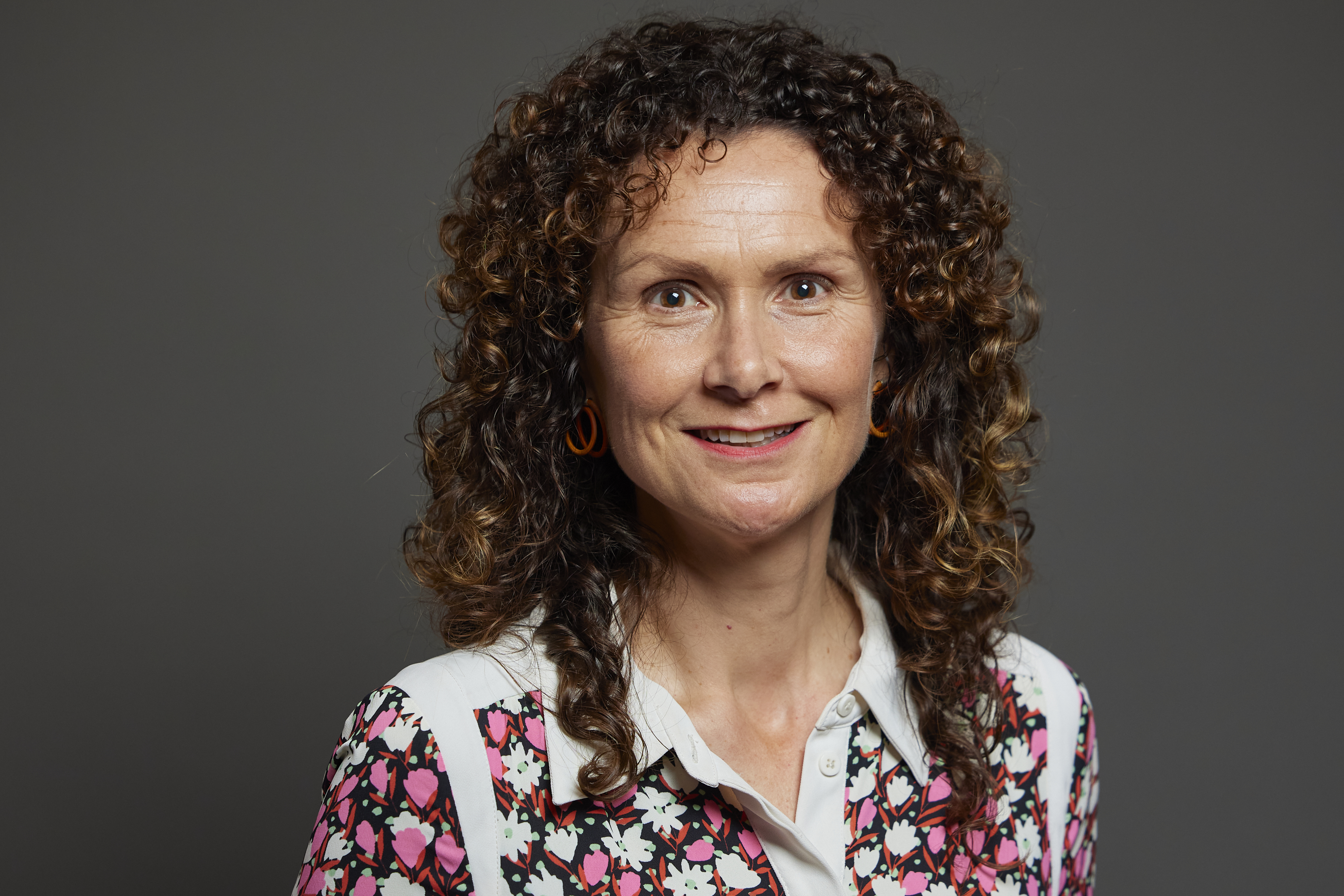The number of people taking part in mass participation fundraising events has increased over the last year and is now above pre-pandemic levels, analysis has found.
The analysis by consultancy Massive says that more than one in four of participants have taken up fundraising events since 2022.
These new participants “are younger, well-educated, relatively wealthy and more likely to be female than existing event participants”, the consultancy found.
It added: “For a report that came about because of concerns about a slower-than-expected return to events post-pandemic, it is particularly pleasing to see many of our partners, reporting event entry levels well beyond 2019 pre-pandemic levels.
“This suggests that, as an industry, we are well and truly back on track and can start looking forward instead of back.”
The consultancy anticipates that further growth can be expected in participation, as one in three respondents said they plan to increase the number of events they plan to take part in this year.
It’s research also found that participants are spending more on taking part, on travelling to events and on apparel.
Event organisers are being urged to ensure there is strong support for participants and good amenities available.
“Participants put more value on the basics of toilet provision, clear signage and ease of getting to and from event sites than almost any other element of the event experience,” said Massive.
This focus can help further boost participation as recommendations from friends and family, along with social media promotion, are the most common way for people to hear about events.
Cost-of-living concerns
However, Massive’s research warns that concerns around the cost-of-living crisis “have not gone away”.
It found that having less disposable income is the biggest single factor in those who plan to cut back on their participation.
Among those taking part in fewer events in 2024, just under half said this was due “to having less spare cash”.
Meanwhile, lack of spare time is another barrier.
“For these participants the challenge is to fight for relevance and a place in their diaries as early as possible," said the consultancy.
Latest News
-
Oxfam GB CEO leaves following conduct investigation
-
Anti-poverty charity fails to submit any accounts since launching five years ago
-
Dutch leisure company to take over charity’s zoos
-
Monday movers - 15 December 2025
-
Charities reducing their visibility amid ‘climate of fear’
-
Volunteering rates rise but remain below pre-pandemic levels
Charity Times video Q&A: In conversation with Hilda Hayo, CEO of Dementia UK
Charity Times editor, Lauren Weymouth, is joined by Dementia UK CEO, Hilda Hayo to discuss why the charity receives such high workplace satisfaction results, what a positive working culture looks like and the importance of lived experience among staff. The pair talk about challenges facing the charity, the impact felt by the pandemic and how it's striving to overcome obstacles and continue to be a highly impactful organisation for anybody affected by dementia.
Charity Times Awards 2023
Mitigating risk and reducing claims

The cost-of-living crisis is impacting charities in a number of ways, including the risks they take. Endsleigh Insurance’s* senior risk management consultant Scott Crichton joins Charity Times to discuss the ramifications of prioritising certain types of risk over others, the financial implications risk can have if not managed properly, and tips for charities to help manage those risks.
* Coming soon… Howden, the new name for Endsleigh.
* Coming soon… Howden, the new name for Endsleigh.
Better Society

© 2021 Perspective Publishing Privacy & Cookies











Recent Stories